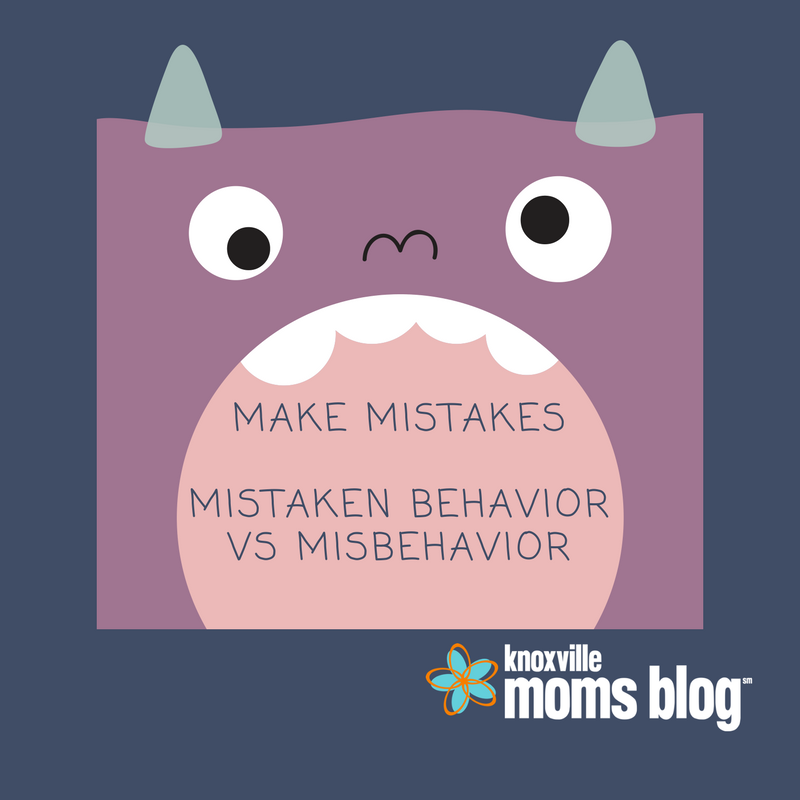My parenting style is pretty chill and I can roll with most things. Typically with my kid, I do not have to yell. In order to get his attention I use my “mom face” similar to resting bitch face. I simply lower my eyes, tighten my lips, and add a deeper serious tone to my voice. This strategy has worked for us on most all occasions.
Recently, my son has started rolling his four-year-old little eyes. Like I said, I can roll with most things but not eye-rolling. It makes me want to come unglued.
This has happened a couple of times in the past few weeks and I have had to keep myself in check while trying to keep my son in check. When I was a kid, that kind of behavior would result in my mom or dad saying “go pick yourself a skinny switch.” That is not my parenting style, so I have had to dig a little deeper into my parenting bag o’ tricks for alternatives.
A few things I have learned recently that have helped me gain perspective and get back to my zen:
1. My kid is four, and this is the stage of development where he is simply asserting his will.
2. MY CHILD IS FOUR. He isn’t fourteen. So when he explains to me that he cannot control his eyes when they roll back into his head, I can believe that because…
3. Four-year-olds have limited impulse control.
4. His eye rolling is really “mistaken behavior” and not “misbehavior.”
You may ask, what is mistaken behavior verses misbehavior…well, I am so glad you asked. I recently learned about this at a parent meeting and it has helped me immensely. Mistaken behavior is basically boiled down to the child making an error in judgment rather than intentionally doing something to cause a problem or harm. The key difference between mistaken behavior and misbehavior is INTENT and the idea of guidance vs discipline.
So when my child tells me that he cannot control rolling his eyes, sure some of that is true due to the whole impulse control thing I mentioned AND more importantly, the eye rolling is really reflective of some other emotion or unexplainable thought he is having about the situation. His intent is misdirected.
Instead of me coming unglued and punishing him in some way like time out, I needed the time out to put things into context. When this scenario happened, I literally said this: “Rolling your eyes irritates me to no end. It hurts my feelings. It makes me think you don’t respect me. I need to take a break from you.”
You may be thinking at this point: “Yeah, right lady. Those are a lot of cockamamie words for a kid.”
This language takes practice and time compared to the quick, old school discipline tactics. Language works for our family (right now). We use a guiding approach in most cases rather than straight out discipline. The difference is that guidance provides an opportunity for my kid to own the behavior and learn from it. Discipline just stops the behavior for now…
During MY time out, I thought for a minute and gave CONTEXT to the situation. We had just gotten off of an eight-day, non-stop, activity-filled vacation. My kid was tired, not on any kind of routine, AND was hungry. I was asking him to act older than he really was rather than realizing he was a four year old needing a break from mom and dad.
When I returned to the situation, he asked: “Are you mad?”
I replied: “Yes because when you roll your eyes it hurts my feelings.”
I further asked him: “Can you tell me what you were feeling when you rolled your eyes?”
He said: “I really wanted to play and not sit at the table with you and dad.”
There is the context: He really wanted to be a kid. For eight days, we were asking him to be a mini-adult with mom and dad. He hadn’t played with kids all week. He needed a break too.
A few other parenting strategies I have used to turn the mistake into an opportunity for guidance and MUTUAL learning (I am learning too, not just my kid):
Call it a mistake.
Seek to understand the source of the behavior.
Try to understand what the kid is trying to accomplish by acting out.
Ask the kid what they could have done differently or will do differently next time.
Offer alternatives to the behavior (i.e. choices or replacements).
Own the feelings (theirs AND yours). It is ok for mom or dad to say how the behavior makes them feel too.
If feelings are too high and the tears are flowing or the last nerve is gone, then TAKE A BREAK until everyone can approach the situation again when emotions aren’t so high.




















